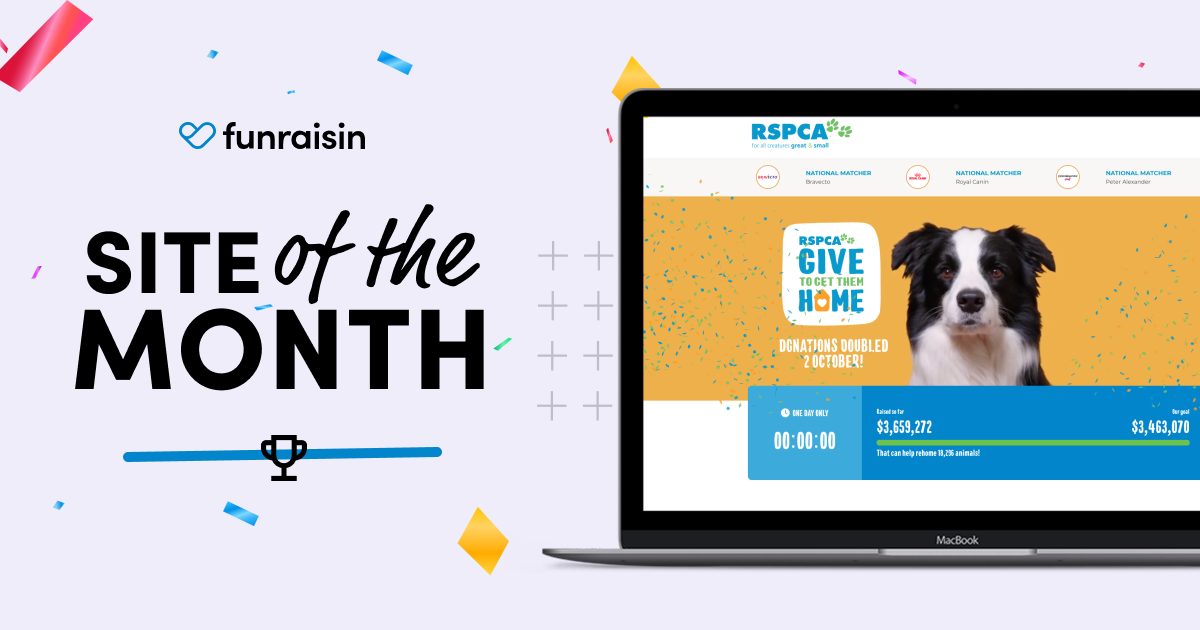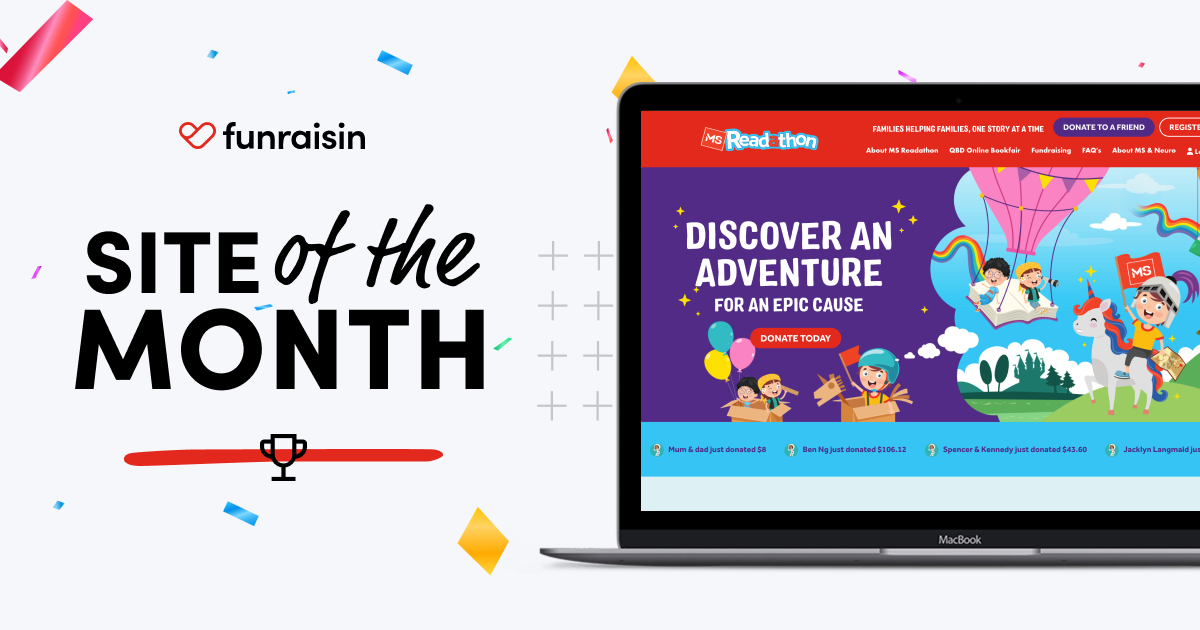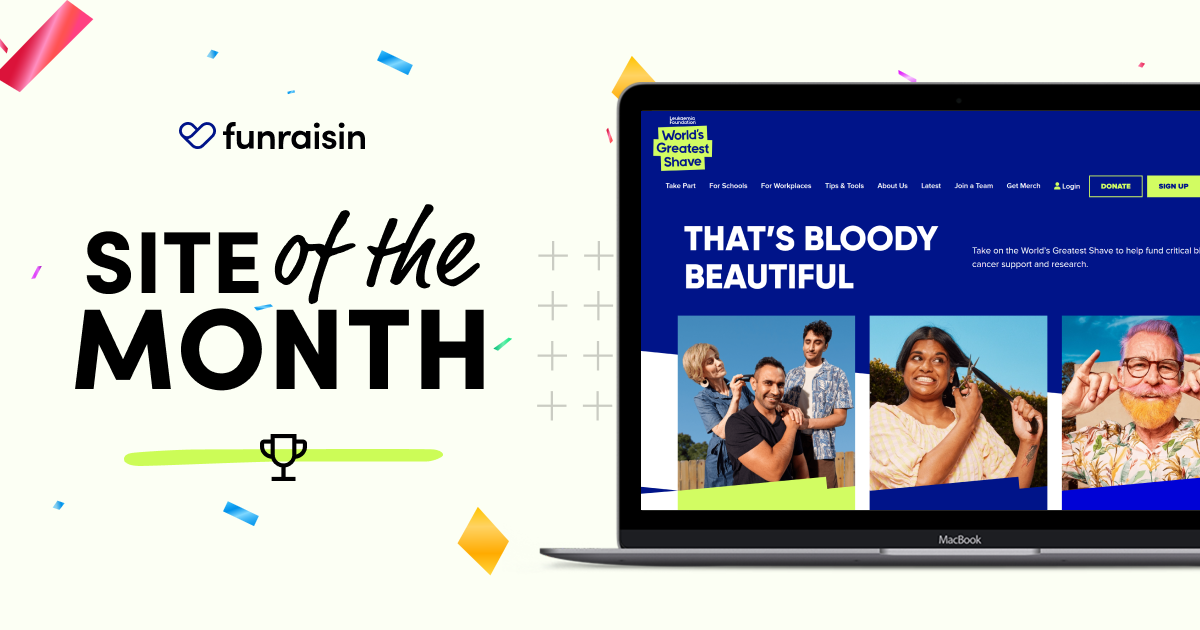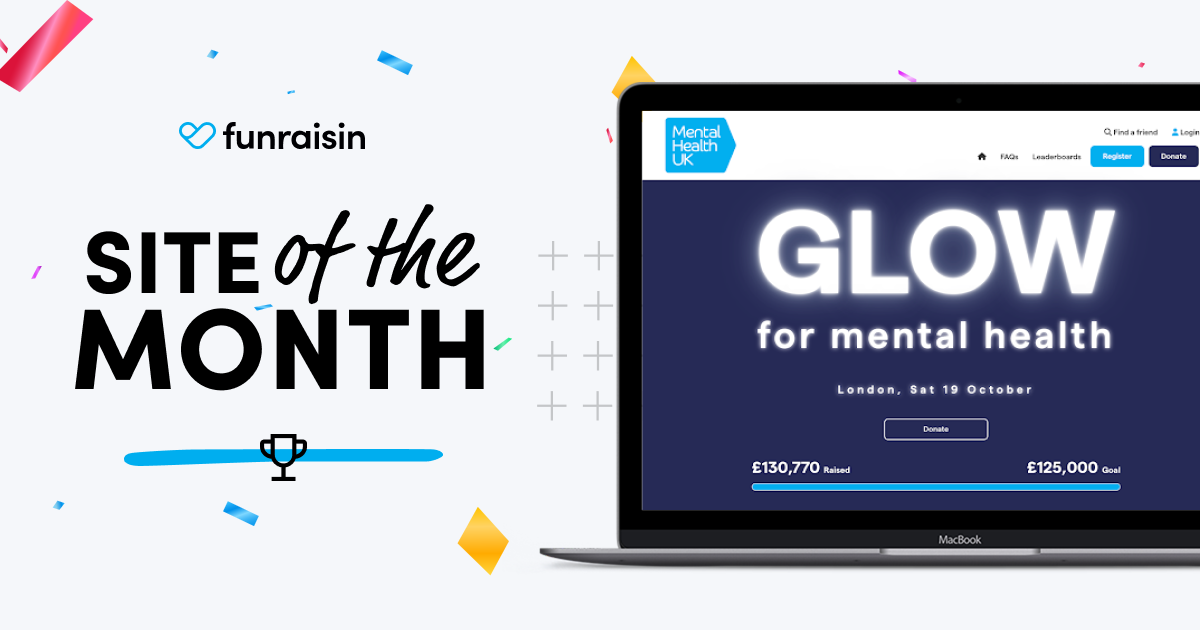When we demo our platform to charities, one of the reactions induced is a reflection on the charity’s own brand, or event site.
Sometimes the move to start using Funraisin is part of a larger process combining CRM selection and/or redesigning how the charities’ websites are serving their users. If you are a charity wondering whether you should be upgrading your website, you will probably be looking to pick an agency to take on the job. With a plethora of digital agencies in cities worldwide, how do you make this decision?
Having worked in a number of agency environments, these are some questions I’d advise you to put to your website suitors:
User experience capabilities
User experience (UX) is pretty exciting these days. That’s justified - it’s an important process for ensuring that your website serves all of user types. But an agency being able to make wireframes is not evidence they will create a good user experience. If your agency talks about UX, ask them what specialist analytics their UX designers use to analyse existing traffic such as eye tracking tools and heat mapping. Any good wireframes will use analytics data to inform the user journeys being created for the differing website personas.
Google analytics certification is free, so you’d expect the UX team of a credible agency to be on top of that. And products like Hotjar enable you to see exactly how users are interacting with your site with visual representations of their clicks, taps and scrolling behaviour. You might not want to use that service - but you want to know that your agency knows how to take it to the next level.
Development
Developers are going to strongly inform the decisions about which Content Management System (CMS) you are going to use, but their priorities will be different to yours. Developers will want a platform that’s been well built, is easy to customise and to add third party integrations to.
These are important, but unless your charity has a team of developers too, ongoing customisation opportunities are equal to - or less important - than content edits and crafting beautiful pages with easy to use tools. When you meet agencies, ask them which CMS’ they commonly develop on, and which of these would most closely fit your requirements. Many agencies will start their UX process without making a decision about the CMS they want to use, but they should be able to point you to CMS’ they like and think could work for your charity right from the start. At this point you should also take into consideration the ongoing maintenance required in keeping your chosen CMS up to date with security enhancements, ongoing feature updates and what team make up will be needed to ensure this happens regularly. Charities aren't software developers so having those resources in house may not be practical.
Testing
The achilles heel of many agencies. If your agency says they do testing, ask them how - for example, pairing, mind mapping or mostly spray and pray. You’ll be surprised how often they won’t be able to talk you through a comprehensive testing process.
Ideally what you want to see is time set aside in the project timeline for internal testing and quality assurance (QA) and following this, time for client led user acceptance testing (UAT). The agency may manage testing internally with a project manager and / or support team, or they may want to outsource it. Outsourcing might increase costs, but in my experience the quality of external testers is extremely high. If you’re launching a new brand site or important event site, using specialist testers prior to your launch is well worth considering.
Search engine optimisation
Search engine optimisation (SEO) is a specialism, and there are many agencies that focus purely on this. With best practices developing all of the time, non specialist agencies struggle to keep on track of the new requirements. As a minimum you'll want to ensure you maintain your existing site rankings so 301 redirects are a must for your new site.
Essentials to keep Google happy will be good site performance, (strongly impacted by well sized images and organised, modern code), relevant alt tags for your images, and a site hierarchy that clearly shows the content and pages you want to prioritise. Ask your agencies if they’re confident optimising your site for good performance, and what they will do to maintain your ranking at the point of go live.








